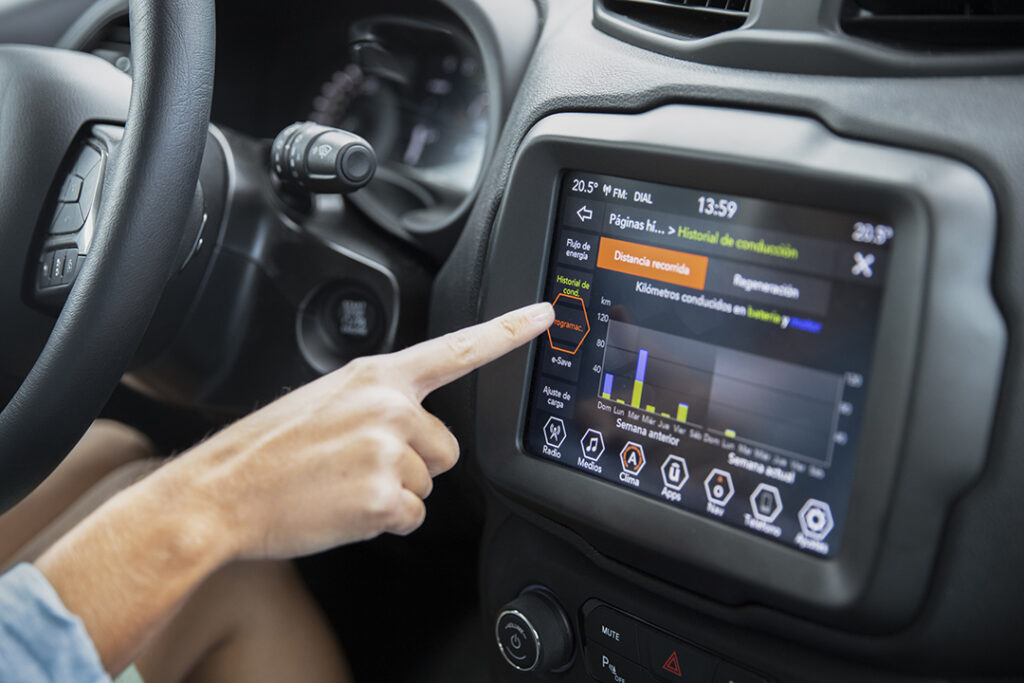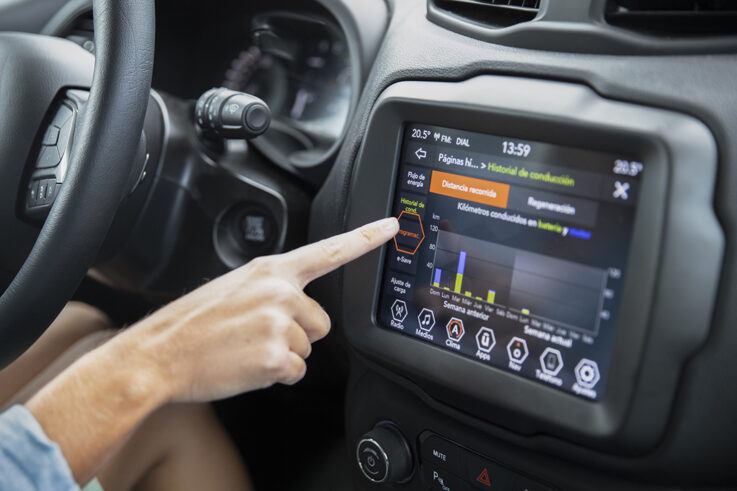
The automotive industry is undergoing a revolutionary transformation with the emergence of smart cars, vehicles embedded with advanced connectivity and Internet of Things (IoT) technologies. These smart cars are not just means of transportation; they are interconnected hubs of technology, redefining the driving experience and paving the way for the future of in-car technology. In this article, we explore the world of smart cars, focusing on their connectivity features, IoT integration, and the exciting prospects they hold for the future of transportation.
**1. *Advanced Connectivity Solutions:*
Smart cars are equipped with advanced connectivity solutions, enabling seamless communication between the vehicle, other cars, and external infrastructure. High-speed internet connectivity, often provided through 4G/5G networks, allows for real-time data exchange. This connectivity is fundamental for various applications, including navigation, entertainment, and vehicle diagnostics.
**2. *Internet of Things (IoT) Integration:*
IoT technology plays a central role in the smart car ecosystem. Sensors and devices embedded in the vehicle collect data on various parameters, such as engine performance, driving patterns, and environmental conditions. This data is processed and analyzed in real-time, providing valuable insights for both drivers and manufacturers. IoT integration enables predictive maintenance, personalized user experiences, and intelligent decision-making within the vehicle.
**3. *Enhanced Safety and Driver Assistance:*
Smart cars utilize IoT sensors and connectivity to enhance safety features. Collision detection sensors, adaptive cruise control, and lane-keeping assistance systems rely on real-time data to assess the vehicle’s surroundings and make split-second decisions to prevent accidents. Additionally, IoT-enabled driver assistance systems provide alerts and interventions, ensuring a safer driving experience for all passengers.
**4. *In-Car Entertainment and Personalization:*
IoT-driven smart cars offer personalized in-car entertainment experiences. By analyzing user preferences and behavioral patterns, these vehicles can suggest music playlists, adjust ambient lighting, and even recommend nearby points of interest. Passengers can connect their devices seamlessly to the car’s infotainment system, creating a customized and enjoyable atmosphere during travel.
**5. *Remote Vehicle Control and Management:*
Smart cars enable remote control and management through dedicated mobile apps. Owners can lock/unlock doors, start the engine, adjust climate control, and monitor vehicle diagnostics remotely. IoT connectivity ensures that these commands are executed promptly and securely, providing convenience and peace of mind to car owners.
**6. *Environmental Sustainability:*
IoT technology contributes to environmental sustainability by optimizing driving patterns and vehicle performance. Smart cars can analyze traffic data, weather conditions, and road gradients to suggest the most fuel-efficient routes. Additionally, IoT-driven electric vehicles can monitor battery health, recommend optimal charging times, and integrate with smart grids for energy-efficient charging.
In conclusion, smart cars are at the forefront of the automotive industry’s technological evolution. Through advanced connectivity and IoT integration, these vehicles offer enhanced safety, personalized experiences, and environmental benefits. As technology continues to advance, the future of smart cars holds exciting possibilities, including fully autonomous driving, enhanced predictive capabilities, and seamless integration with smart cities. Smart cars are not just transforming the way we drive; they are shaping the future of transportation, making journeys safer, more convenient, and highly connected.



